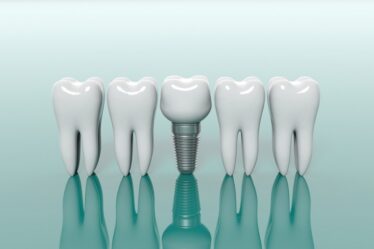
Hearing loss can affect one or both ears, and it can be mild, moderate, severe, or profound. Even though it can seem to be more often experienced by older adults, the truth is that hearing loss can affect people of all ages.
When hearing loss is unaddressed, it can have negative consequences on someone’s life including learning difficulties, social isolation, headaches, increased blood pressure, impaired memory, and depression.
Are you experiencing hearing loss? If so, there are different things you can do to address the situation before it becomes worse. Start by visiting a hearing clinic for professional help. Also, try adding some foods that improve hearing to your daily diet:
1. Foods that contain vitamin A
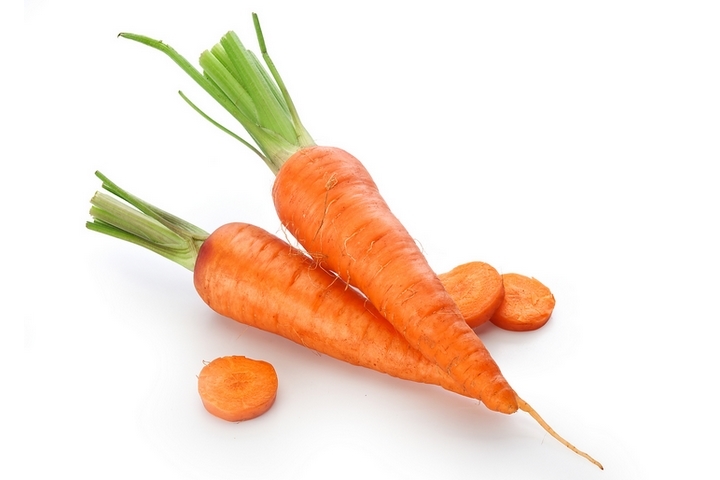
A lack of vitamin A puts you more at risk of developing ear infections. It also decreases the number of nerve cells present in your ears, which can lead to hearing loss.
To make sure you get enough vitamin A, eat carrots, sweet potatoes, kale, spinach, dried apricots, broccoli, squash, red peppers, beef liver, and dairy products.
It’s good to know that there are two types of vitamin A: provitamin A, which comes from plants, and retinol, which comes from animal sources. Ideally, you should consume both.
2. Foods rich in vitamin E and C
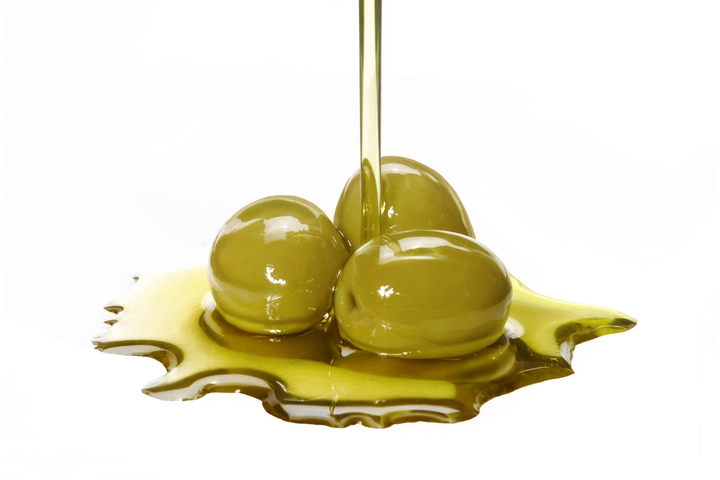
Anything rich in vitamin E and C are foods that improve hearing. These vitamins are powerful antioxidants that can help boost your immune system, and protect you from ear infections that could cause, or aggravate hearing loss.
Both vitamins are mostly found in different vegetables and fruits, so it’s a good idea to eat more broccoli, bell peppers, cabbage, celery, tomatoes, brussel sprouts, oranges, tangerines, grapefruits, lemons, kiwis, papaya, strawberries, raspberries, watermelon, and pineapple.
E and C vitamins can also be found in sunflower seeds, almonds, and olive oil.
3. Foods that contain zinc

Zinc is an essential mineral that can help boost your immune system and prevent ear infections. Tinnitus, which is a condition that can be linked to hearing loss, can be improved by taking zinc supplements. If you sometimes hear strange ringing or buzzing noises that no one else can hear, adding zinc to your diet could solve your problem.
Fortunately, zinc can be found in a variety of foods, including dark chocolate, beef, pork, oysters, beans, split peas, lentils, almonds, peanuts, and cashews.
4. Foods that are rich in potassium
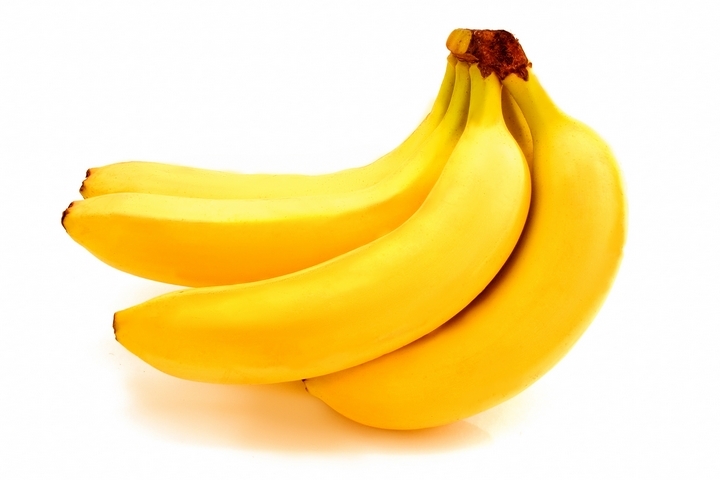
Potassium is an essential element that is present in all the tissues of your body. It helps your cells function normally by maintaining the volume of fluid present inside them. As we age, the level of fluid in our inner ears decreases, which can lead to hearing loss. But consuming potassium can help improve our hearing.
You can add potassium to your diet by eating bananas, raisins, apricots, oranges, melons, avocados, tomatoes, potatoes, spinach, poultry, fish, yogurt, milk, coffee, and tea.
5. Foods that are rich in magnesium
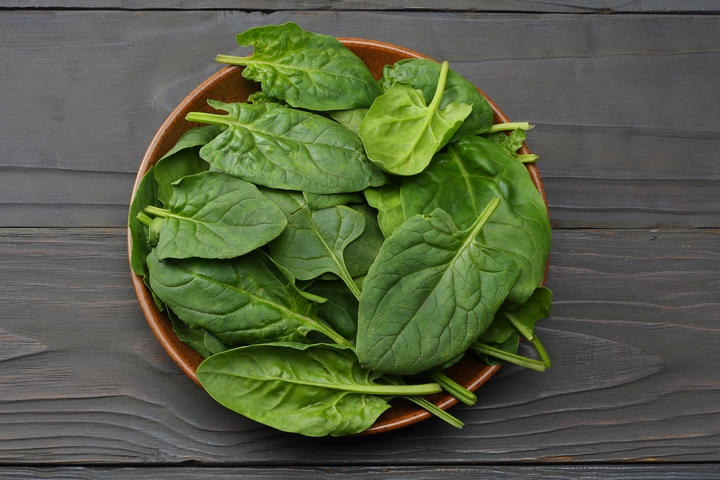
Magnesium is another essential nutrient your body needs to stay healthy. Magnesium has many different properties, but when it comes to improving the health of your ears, it helps protect them from free radicals that can impair your hearing.
Magnesium is present in bananas, tomatoes, spinach, broccoli, potatoes, artichokes, black beans, brown rice, whole grains, milk, and yogurt.
Since magnesium also helps regulate your muscle and nerve functions, it’s important to get enough of it from your diet.
6. Foods that contain omega-3s fatty acids
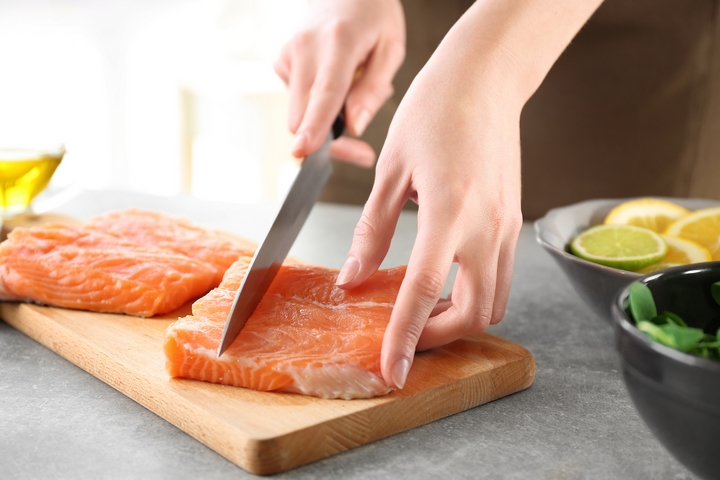
Omega-3s are fatty acids that are known, among other things, to strengthen the blood vessels in the sensory system of your ears. They also help improve the transmission of signals between your ears and your brain, which helps improve your hearing.
Omega-3s are mostly found in fish, especially cold-water fatty fish such as salmon, mackerel, trout, sardines and tuna.
If you don’t like fish, you can also get Omega-3s from walnuts, chia seeds, flax, olive oil, coconut oil, and krill oil.
7. Foods that contain folic acid
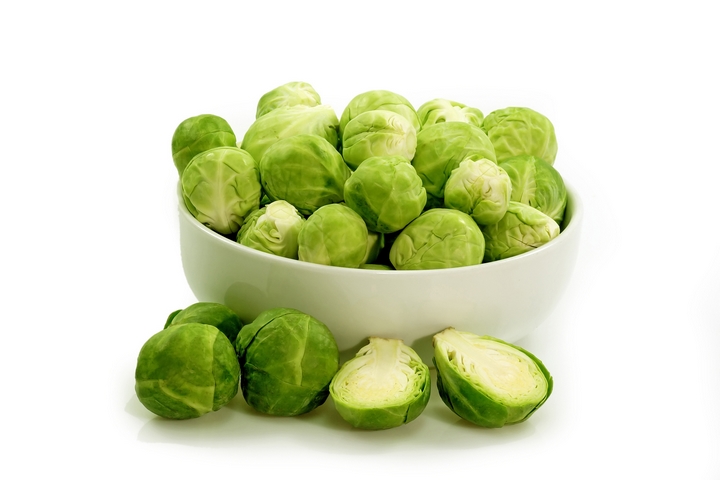
Folic acid is a type of folate, which is a B-vitamin. It helps your body generate new cells, and keep these cells healthy. Obviously, the healthier the cells of your ears will be, the better you will hear.
Folate is naturally present in different foods, including beef liver, asparagus, brussels sprouts, spinach, oranges, peanuts, and kidney beans.
As for folic acid, it is commonly added to foods such as fortified breakfast cereals as well as enriched bread, pasta, rice, and flour.
8. Foods that contain bromelain
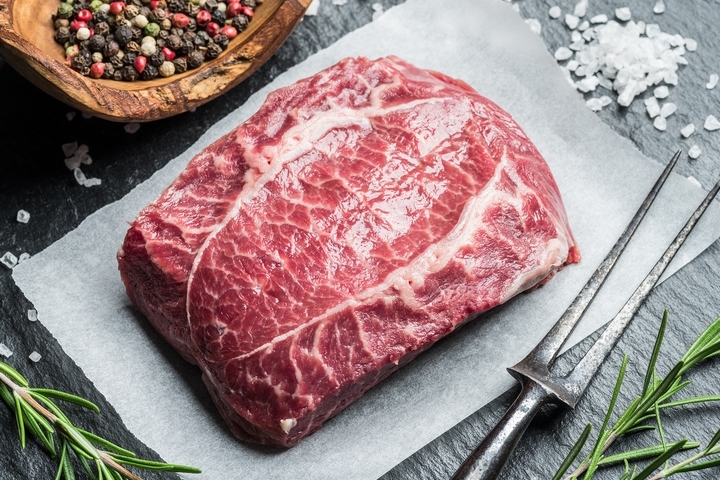
Finally, bromelain is an enzyme that can help reduce inflammation in your body while stimulating your immune system. Therefore, it could help protect the health of your ears.
Bromelain is only found in pineapples, but it’s also possible to consume it as a supplement. Bromelain is commonly found in meat tenderizers, but tenderized meat is not exactly considered a significant source of this enzyme.



